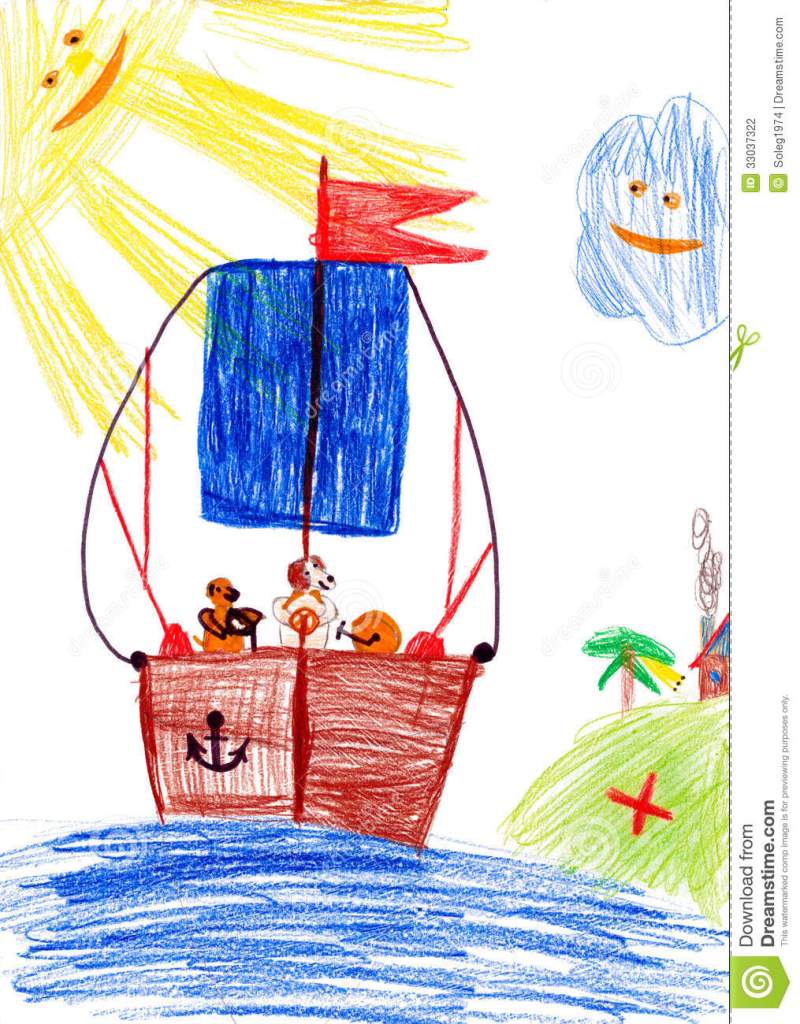The ship of Theseus is an ancient philosophical thought experiment about the nature of identity. Theseus is an ancient Greek dude, and like all the ancient Greeks that we hear about, he had a ship. Unfortunately, Theseus’s ship ran into some hard times, and needed to have some parts replaced. A plank here, a plank there. All the sails at some point, I guess. The point is, after a while, every single part of his ship had been replaced with a newer one. The questions is: how is it still Theseus’s ship if literally nothing of the original remains?

Aging is, in scientific terms, a son of a bitch. Our muscles atrophy; our hearing starts to go; and, in some cases, we lose our memories and our grip on the reality around us. We too become slowly replaced over time, just not with newer parts as with Theseus’s ship, but with older, crappier parts that give out and have a mustier smell. When our older family members develop dementia, we struggle with the same kind of identity crisis as Theseus. We are looking at someone that we used to know in one way, and now none of the original parts seem to remain.

I do believe that the ship of Theseus maintains its identity over the duration of its incremental replacement because there remains a single constant: Theseus. It’s Theseus’s ship because Theseus sees it that way, with a degree of social corroboration as well (people will, for the most part, agree that it is still Theseus’s ship – otherwise they would see it as stolen). The identity of the ship exists in its relationships just as much as it does in its material make-up.
The same holds true with dementia. Before my grandmother passed away, she developed dementia and no longer saw me as her grandson. However, I still saw her as my grandma because my inevitable deterioration has yet to begin. We maintain our relationships with our loved ones, and that maintains their identity. She was my grandmother. That relationship never changed even if her own perception of her active relationships had shifted wildly. Even if she no longer sees me as her grandson, this is irrelevant. Keep in mind how the ship might relate back to Theseus, given how it is an inanimate object. It wouldn’t, is my point. We define how we relate to others, for better or for worse.

Part of who we are is certainly the sum of our parts. Our physical and psychological body cannot be fully cleaved from the concept of our identity, but these, our physical body especially, are only superficial facets of who we are. I am a son, a brother, a partner, a friend, a coworker, and a bitter, hated enemy. I had a grandmother, and that defined who she was to me. Theseus had a ship, and it was how he related to that ship that defined its identity regardless of how many planks ended up being replaced. If you continue to love them, they will continue to be your loved ones.
you must be finished exams and papers and now for something completely different but intrinsically the same. Christmas!